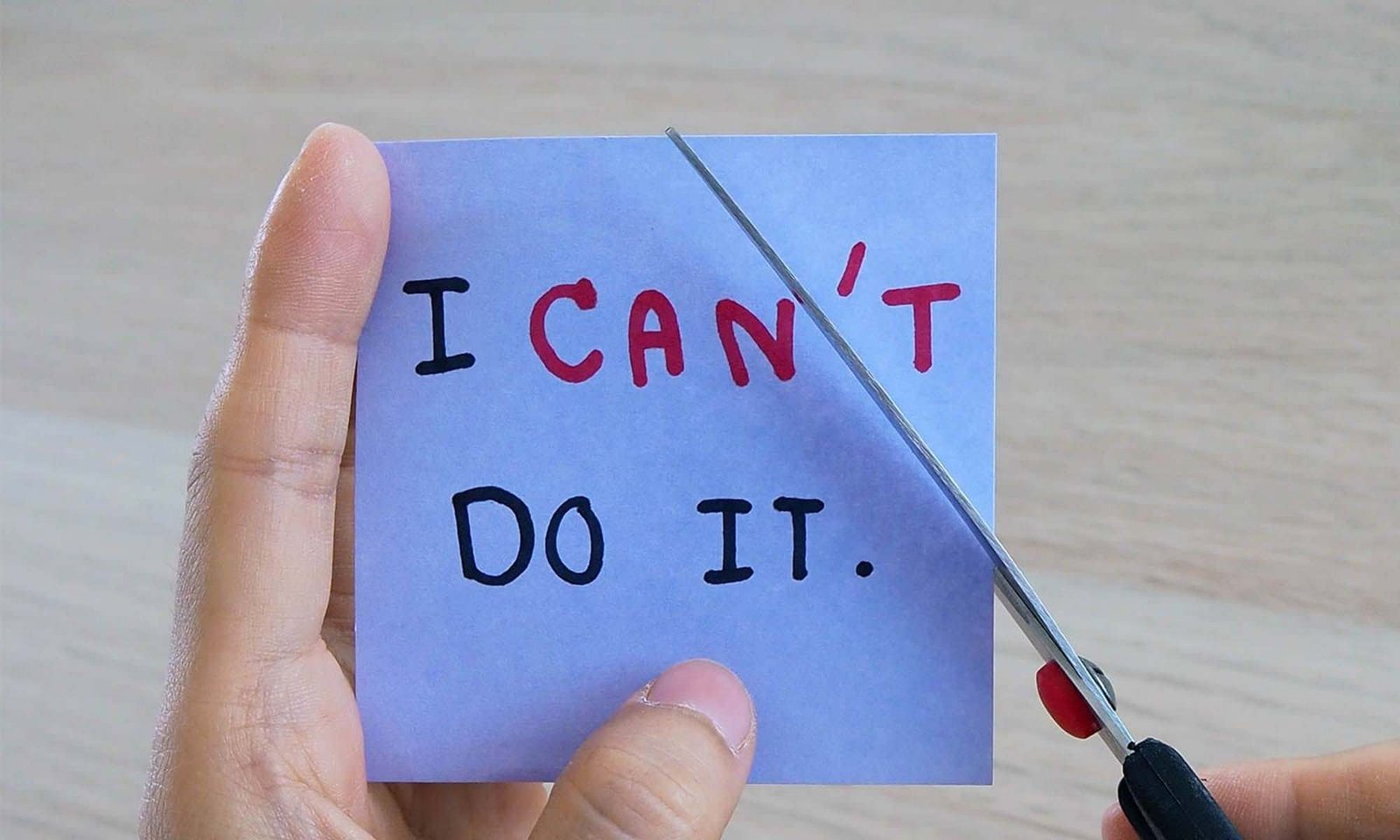Gravitas, a term derived from the Latin word meaning ‘seriousness’ or ‘weight,’ encompasses a unique blend of qualities that command respect and authority in various contexts. This concept transcends mere physical presence or eloquence; it embodies a profound conviction and seriousness that influences how individuals are perceived in both professional and social settings. Gravitas often manifests as a combination of confidence, composure, and sincerity. These attributes contribute to a person’s ability to communicate effectively, particularly in high-stakes scenarios such as public speaking, negotiations, or leadership roles.
In professional environments, gravitas plays an essential role in leadership and management. Leaders exhibiting gravitas are often seen as trustworthy and competent, able to inspire confidence in their teams and stakeholders. Their serious demeanor encourages colleagues to take them seriously, fostering an atmosphere of respect and professionalism. Conversely, the absence of gravitas can lead to perceptions of unreliability or lack of commitment. Moreover, gravitas is not limited to formal contexts; it is also significant in personal interactions. Individuals who demonstrate gravitas can establish a strong rapport with others, creating an impression of maturity and reliability. This dynamic becomes particularly crucial during interpersonal communications, where the perceived weight of a person’s opinion can significantly influence relationships and collaborations.
Ultimately, gravitas serves as a cornerstone for establishing authority and gaining respect regardless of the environment. It enables individuals to create impactful impressions that resonate with peers and audiences alike, reinforcing the idea that seriousness and weight – hallmarks of gravitas – are paramount in conveying messages and forging connections.
The Components of Gravitas
Gravitas, often described as a mark of seriousness and dignity, consists of several essential components that contribute to an impactful presence. Understanding these components can aid individuals in developing their personal gravitas, thus enhancing their overall effectiveness in various situations.
One of the primary components is confidence. A confident individual conveys assurance in their abilities and decisions, which can instill a sense of trust and authoritative respect in others. Confidence can be exhibited through clear speech, assured body language, and a calm demeanor. Individuals can cultivate confidence by preparing adequately for situations where they need to assert themselves, whether in professional or personal interactions.
Body language also plays a significant role in presenting gravitas. Non-verbal cues such as posture, eye contact, and hand gestures can significantly influence how a message is perceived.
Maintaining an upright posture and making appropriate eye contact can convey self-assuredness and engagement, while positive facial expressions can enhance the clarity of communication.
Integrity is another critical element of gravitas. Individuals who demonstrate integrity are perceived as trustworthy and principled. This quality manifests itself not only in adherence to ethical standards but also in the consistency between words and actions. Cultivating integrity involves self-reflection and making conscious choices that align with one’s values, thus fostering a reputation as a reliable individual.
Effective communication is essential in ensuring that one’s ideas are conveyed clearly and persuasively. This involves not only articulating thoughts coherently but also listening actively to others. Employing techniques such as summarizing points or asking clarifying questions can enhance dialogue and demonstrate engagement.
Lastly, emotional regulation is vital for displaying gravitas. Individuals who can manage their emotions effectively are more likely to respond thoughtfully in challenging situations. Practicing mindfulness and self-awareness can equip individuals with the tools needed to maintain composure, fostering a more profound sense of presence and impact.
How to Develop Gravitas
Developing gravitas is a multifaceted process that requires a blend of self-awareness, communication skills, and personal values. To begin with, enhancing self-awareness is essential. Individuals should take time to reflect on their strengths and weaknesses. Journaling or seeking feedback from trusted colleagues can provide insights that foster personal growth. Recognizing one’s emotional triggers and understanding how these emotions affect interactions are also critical components of building self-awareness.
In addition to self-reflection, honing public speaking skills is vital for anyone aiming to project gravitas. Engaging in public speaking forums or joining organizations such as Toastmasters can be beneficial. Regular practice can help individuals become comfortable speaking in front of an audience, allowing them to project confidence and authority. Moreover, focusing on articulation, pacing, and clarity can enhance one’s ability to communicate ideas effectively, making them more impactful.
Another key aspect of developing gravitas is cultivating a calm and composed demeanor. This can be achieved through techniques such as deep breathing, mindfulness, or meditation. By learning to remain composed, especially in stressful situations, individuals can maintain an image of steadiness that is often associated with gravitas. This calm presence not only instills confidence in others but also allows for clear and rational decision-making.
Listening effectively is equally crucial in the journey towards developing gravitas. Active listening demonstrates respect for others’ opinions and creates an atmosphere of collaboration.
When people feel heard, they are more likely to value and respect the speaker, thereby enhancing their perceived gravitas.
Lastly, having a strong value system is foundational in projecting gravitas. Individuals should identify their core values and adhere to them in both personal and professional contexts. A clear value system not only guides decision-making but also serves as a framework within which others can evaluate one’s integrity and credibility. Through these strategies, anyone can enhance their gravitas, ultimately leading to a more impactful presence in various spheres of life.
The Impact in Personal and Professional Life
Gravitas plays a crucial role in shaping one’s presence both personally and professionally. It encompasses a blend of seriousness, dignity, and the ability to command respect, all of which are essential traits for effective leadership. Leaders with gravitas often inspire followers and stakeholders by projecting confidence and authority, thereby enhancing their leadership qualities. This presence not only motivates teams but also fosters an environment of collaboration, creativity, and innovation.
Moreover, gravitas significantly contributes to the quality of interpersonal relationships. Individuals who exhibit gravitas tend to be perceived as more trustworthy and credible. Their ability to communicate authentically and thoughtfully resonates with others, creating deeper connections. Case studies have shown that professionals who demonstrate a strong presence often report improved relationships with colleagues, ultimately leading to heightened workplace morale and productivity. For instance, a manager known for their gravitas can effectively guide their team through challenges, maintaining a calm and composed demeanor that instills confidence in others.
In addition to leadership and relationships, gravitas also impacts one’s capacity to cultivate trust within networks. Trust is the foundation of successful collaboration, and those who project gravitas are often more likely to influence others positively. The ability to convey competence and reliability ensures that peers and clients feel secure in their partnerships. Testimonials from successful business leaders highlight that gravitas not only paved the way for promotions but also allowed them to navigate complex negotiations successfully, lending weight to their opinions and decisions.
“I do it because I can, I can because I want to. I want to because you said I couldn’t.”
– Charlotte Farmer
The Impact on Interpersonal Relations
One of the primary downsides of gravitas is its potential to hinder interpersonal relationships. Individuals who exhibit excessive gravitas may come across as aloof or unapproachable. This serious demeanor can create barriers to open dialogue and collaboration, leading to misunderstandings and a lack of rapport among peers. Consequently, gravitas may inadvertently stunt the ability to connect with others on a personal level.
Creativity and Innovation May Suffer
Gravitas can also stifle creativity and innovation. In environments where serious conduct is prioritized, the freedom to express ideas without fear of judgment is often compromised. This atmosphere can discourage risk-taking and experimentation, which are essential for fostering innovation. In contrast, organizations that embrace a lighter, more approachable vibe tend to encourage brainstorming and out-of-the-box thinking, leading to more dynamic solutions.
In summary, while gravitas can confer a sense of authority and earn respect, it is crucial to recognize its potential drawbacks. Striking a balance between seriousness and approachability can enhance both personal and professional relationships, fostering a more inclusive and creative environment.
What’s More

My Blog ( 110 )
Dependence (10) Fiction (9) Karma (9) Landmarks (10) Paramount (9) Spectrum (9) Spotlight (9) Take Off (9) Terra Shapes (9) Trepidation (9) Unique (9) Virtue (9)
Amazing Stuff (9) Beyond Known (9) Controversial (9) Digital World (10) Inequities (10) Innovative (9) Metaphysics (9) Orbiting Entities (10) Our Society (10) Outer Space (9) Value Creation (10) Yearnings (10)

My Interests ( 114 )
Site Forum
Curious to dive deeper and ready to share your thoughts on this? Join the conversation and be part of the FORUM@ericroth.org Your online discussion board providing space for engaging exchanges on specific topics and shared interests across this website.















